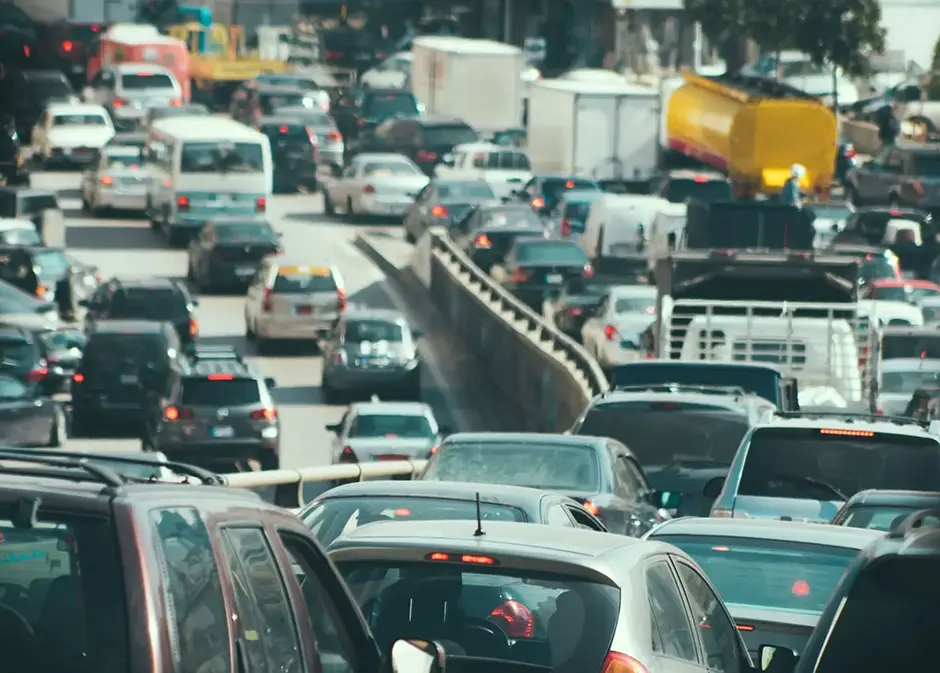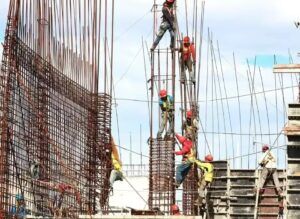While driving without a license in Louisiana, Texas, or any other state is illegal, it is a far too common practice nationwide. The issue with unlicensed drivers is that there is a reason they don’t have a license, be it a problematic driving record or inexperience.
If you are pulled over for driving without a license, the consequences can vary depending on the state you’re in, the reason you’ve been pulled over, and the reason you don’t currently have a license. In most cases, a first offense is considered a misdemeanor, while a second offense can be a felony.
If you’re involved in an accident while driving without a license, you’re likely anxious about the consequences you may face, including a fine, vehicle impoundment, arrest, or criminal charges. Learn more below about what to do if you’re in a vehicular accident without a license and why all drivers must have valid licenses while operating vehicles in any state.
Who Drives Without a License?
There are many reasons why a driver may choose to operate their vehicle without a license, even though they put every road user at risk.
Some of the most common people to drive without a license include:
- People who’ve failed to maintain adequate auto insurance
- Seniors who have failed their renewal exam due to age-related conditions, such as mental or visual impairment
- Individuals with a DUI conviction
- Foreigners who have not yet received their license
- Teenagers who are too young to apply for a license or who can apply for but haven’t obtained licensure
- Drivers who have had their licenses revoked due to medical conditions, such as seizures
All of the above drivers have their own reasons for getting on the road and driving without a license. However, this doesn’t negate that driving without a license is illegal in all 50 states.
How Does Liability Change if You Are Driving Without a License?
Liability in an automotive accident doesn’t change just because someone doesn’t have a license. Rather, liability in auto crashes depends on negligence. Fault in a crash depends on who breached their duty of care by failing to act responsibly and safely while driving.
In other words, having a license doesn’t let a driver off the hook simply because the other party is driving without a license. In order to be held liable, one must have acted negligently or recklessly and caused the accident. Some of the negligent actions that a motorist may be held liable for include:
Even though driving without a license is illegal, liability and seeking damages for a licensed driver’s negligence are completely separate. An at-fault driver is responsible for your injuries and damages to your vehicle, regardless of whether you are driving without a license.
It’s crucial to point out, however, that just because a driver doesn’t have a license doesn’t necessarily imply they don’t have auto insurance coverage. If a driver without a license borrows a car and gets involved in an accident, they may be covered by the vehicle’s insurance policy.
But keep in mind that insurance companies consider driving without a license a violation of your policy. If you are involved in an accident without a license, your insurance carrier may cancel your policy or raise your premiums.
Determining Liability with Comparative Negligence Laws
Louisiana and Texas follow comparative negligence laws when determining liability, meaning more than one party can share the blame for an accident. In Louisiana, an unlicensed driver may file a claim and receive damages that will be reduced by their share of fault. In Texas, an unlicensed driver cannot recover damages if their share of the blame is greater than 50%. So, you can still file a personal injury claim to recover damages, so long as you are not solely to blame for causing the accident.
What Happens if You Get Pulled Over While Driving Without a License?
Penalties for driving without a license vary depending on various factors, including the state you live in, whether your license was revoked or suspended, whether your license has expired, and whether it’s your first offense. In many cases, drivers without licenses face hefty fines that can exceed $1000, license revocation or suspension, and possible jail time.
What Should You Do if You Have an Accident Without a License?
If you are involved in an accident while driving without a license, there are a few steps you can take to protect your rights and minimize potential legal consequences, including:
- Stay calm and call 911: After an accident, never flee the scene of the crash. Leaving the scene can be considered a hit-and-run incident that may land you in more trouble. Call for help and notify the operator if anyone needs medical attention.
- Cooperate with the police: Once the police arrive at the scene, cooperate fully with their investigation. Remember, the incident report can help prove who was at fault even though you don’t have a license. The other driver may be liable for your injuries. Never admit fault or make statements without seeking legal counsel.
- Seek medical treatment: Always prioritize your well-being in the event of an accident. Even if you don’t feel injured, visit your doctor as soon as possible. Some injuries, such as concussions and whiplash, may take days to manifest.
- Exchange information with involved parties: Get the names, contact details, license numbers, and insurance information of the other driver, as well as the contact information of any witnesses to the accident.
- Photograph the scene: Even though you were driving without a license, evidence from the accident scene can prove the other driver was at fault and liable for your accident and injuries. Take as many photos and videos from as many angles as possible to help prove your claim. Photos may include vehicle damage, road conditions, debris, road signs, and any visible injuries.
- Seek legal counsel: The legal process can be complex, especially now that you were involved in a crash without a license. Having an experienced car accident lawyer by your side can tilt the scales of justice in your favor.
Driving without a license is illegal in all 50 states and can land you in serious legal trouble. However, it does not make you liable in an accident. Liability in an auto crash involving a driver without a license doesn’t change since it still depends on where negligence lies. If you have questions following an accident in which you or the other driver did not have a license, speak to a skilled personal injury lawyer to understand your rights.
Sources:
- Comparative Negligence: Definition, Types, and Examples. Investopedia. Accessed December 2023.
- Art. 2323. Comparative fault. Louisiana State Legislature. Accessed December 2023.
- Chapter 33. Proportionate Responsibility. Texas State Legislature. Accessed December 2023.





